Partner with God to see your community transformed
Pursue a better world for everyone through the elimination of poverty, gender inequality, and injustice
Articulate a biblical and theological foundation for your community and development work
Learn current issues facing practitioners globally as well as the solutions; what’s happening? what’s working!
We understand demanding schedules and we want study to enhance your working life. The MTD course is a three-year part-time course designed for working professionals.
Our classes are delivered online and via a one-week-long intensive (usually March/April and Sept/October) with readings, zoom discussion meetings, and written assessments.
In addition, students participate in a non-graded journaling activity that runs throughout the entirety of the programme. The focus of this activity is spiritual resilience and longevity. We also explore practices that assist in developing self-care.
The units are offered on a 3-year cycle and cover a range of global and local issues.
Entry to the programme can be at any point in the cycle. Students complete 5 coursework units; and their last unit is a Research Paper in Transformational Development. Guidance is provided by the faculty to assist in gaining research skills.
Our course equips practitioners working in community and international development, aid and ministry contexts. Along with many relevant skills for these vocations, this course will give you:
All applicants will be required to meet Eastern’s General Entry Requirements.
Normal Entry
To obtain entry under this category an applicant must meet Eastern College Australia’s General Entry Requirements plus:
hold a relevant undergraduate degree from a recognised University or institution under section 10 or Section 11 of the Tertiary Education Act 1993 (certified transcripts are to be provided);
have had appropriate experience or hold a position in the relevant field of study, as demonstrated by the submission of a CV detailing professional experience/position, and the submission of 250 word statement outlining reasons for the application with the application;
demonstrate suitability for the course in an interview with an Academic staff member (new student interview), including a response to the Readiness Assessment (see below for further details on this aspect of the application).
supply references from the applicant’s current supervisor/ employer/ senior colleague demonstrating employment in an area of transformational development (written on a Confidential Reference Form supplied by the college, endorsing the applicant).
Professional Entry
Professional entry is for applicants who do not hold a relevant undergraduate degree, but have at least five years professional experience in roles relevant to transformational development.
To obtain entry under this category an applicant must meet Eastern College Australia’s General Entry Requirements plus:
demonstrate a minimum of 5 years relevant work experience in the area of specialisation. This may be evidenced by the submission of a CV detailing professional experience and the submission of a 250 word statement outlining the reason for application.
demonstrate suitability for the course in an interview with an Academic staff member (new student interview), including a response to the Readiness Assessment (see below for further details of this aspect of the application process).
supply references from a supervisor/ employer/ senior colleague in the area of specialisation for which the applicant is applying (written on a Confidential Reference Form supplied by the college, endorsing the applicant).
If the above conditions are satisfied the applicant may enrol in a single Masters level unit. If this unit is successfully completed at credit level (65) or above the applicant will be granted normal entry into the Master of Transformational Development. The unit completed is accepted into the student’s academic record.
After applying, applicants will be provided with a topic and are required to write a no more than a 2000 word response identifying biblical ideas and how these biblical ideas should shape a Christian response to the topic. The applicant’s capacity will be assessed with regard to the following:
Students will not be assessed on their theological or developmental emphasis as there are many positions for both of these.
The applicant will have two weeks to complete and submit the Readiness Assessment and this will be followed by a New Student Interview with a Course Advisor. The Readiness Assessment will form part of the basis of the interview.
Applicants must meet the English language requirements.
Semester 2 2025 | |
|---|---|
Applications Close | Overseas Students: 30 April 2025 / Domestic Students: 30 April 2025 |
Enrolment Deadline | 27 June 2025 |
Classes Commence | 14 July 2025 |
Semester Ends | 14 November 2025 |
Semester 1 2026 | |
|---|---|
Applications Close (Domestic & Overseas Students) | 1 November 2025 |
Enrolment Deadline | 10 February 2026 |
Classes Commence | 23 February 2026 |
Semester Ends | 27 June 2026 |
Semester 2 2026 | |
|---|---|
Applications Close (Domestic & Overseas Students) | 30 April 2026 |
Enrolment Deadline | 7 July 2026 |
Classes Commence | 27 July 2026 |
Semester Ends | 28 November 2026 |
For a breakdown on the fees for this course please visit our fees page.
Eastern College Australia and its donors have generously reserved several scholarship placements for each MTD intake. This represents our commitment to walking with the poor, and empowering local leaders.
Eastern College Australia values the history, culture and languages of First Nations people and we welcome their participation in all of our courses. The MTD is committed to walking with and learning from our Aboriginal and Torres Strait Islander communities, Elders, and development workers. We recognise that connection to Country and community is a vital part of flourishing.
For the first time from 2024 the MTD will have a dedicated full scholarship for an Aboriginal and Torres Strait Islander student in our course.
We also welcome applications from other First Nations development and community workers.
Please note: All expressions of interest in applying for a scholarship should be directed to mtd@eastern.edu.au
Scholarship Criteria
The provision of a full or partial scholarship to cover course fees is determined according to:
Please note, all students are required to pay their travel and accommodation expenses to attend intensive classes as well as the textbooks/resources required to study.
Our intensives are held in four global locations. Each semester we explore a topic. The course covers this from a range of global and local perspectives, hearing from diverse voices such as our faculty, steering committee, scholars and other “thinking practitioners” who all share experiences in development and ministry. Field visits highlight relevant programs to this topic. The experience of an MTD intensive is not to be missed!
Please note, students are required to pay their own travel and accommodation expenses to attend the intensives in Australia and overseas. The college has some travel insurance for students in case of emergency; further details can be found on the College’s travel insurance page. You may choose to also get extra coverage in the case of cancelled flights and/or lost luggage.
Our partners assist our faculty in identifying the most relevant practitioners and programs, and contextualising the course to the region.
Each regional Steering Committee is made up of global experts with wide experience in community and international development, and integral theology.

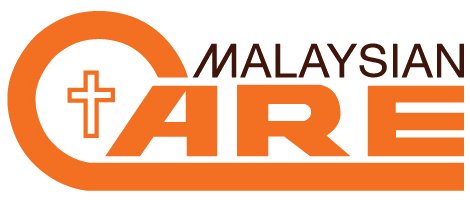
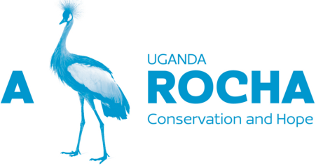
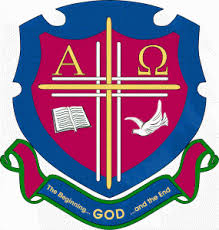
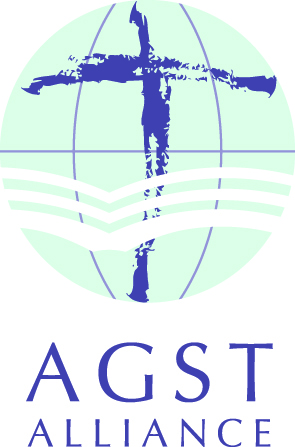
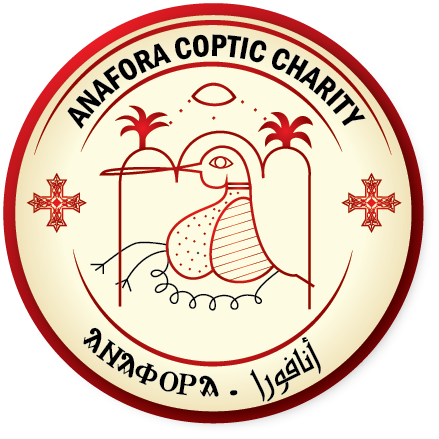
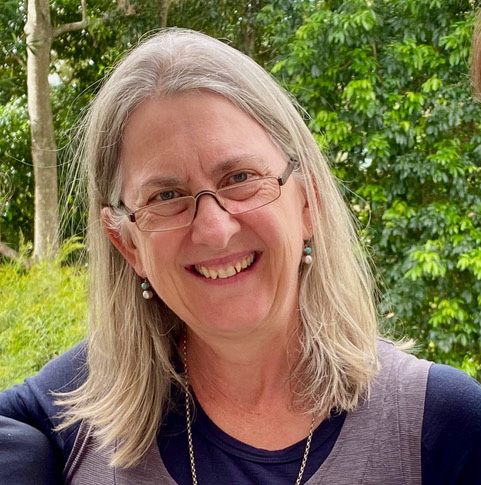
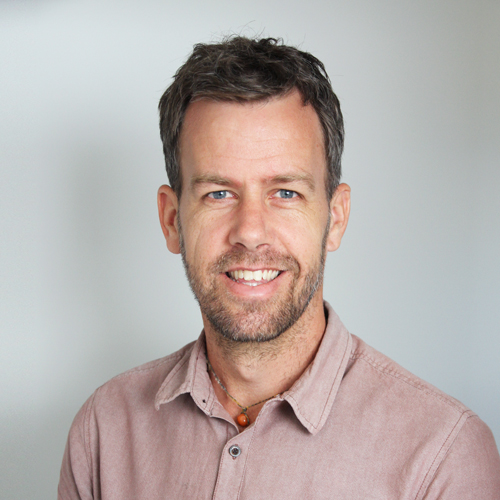
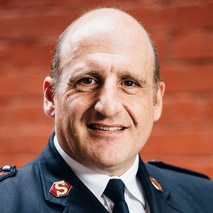
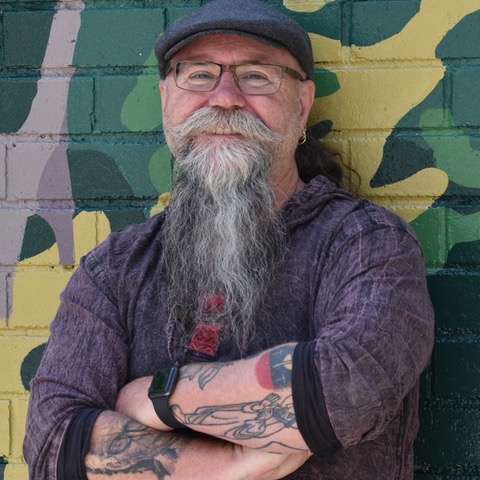
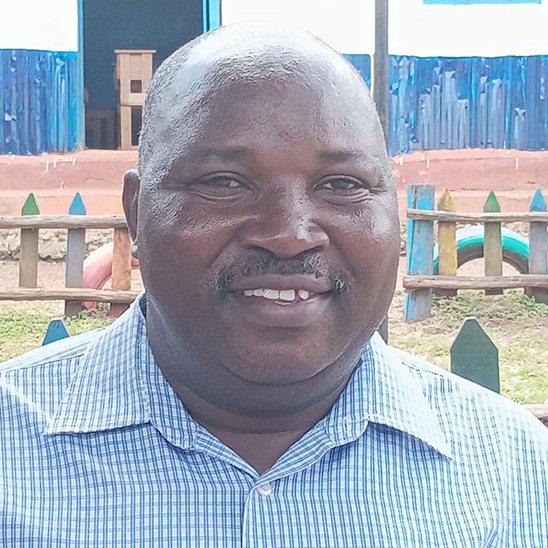
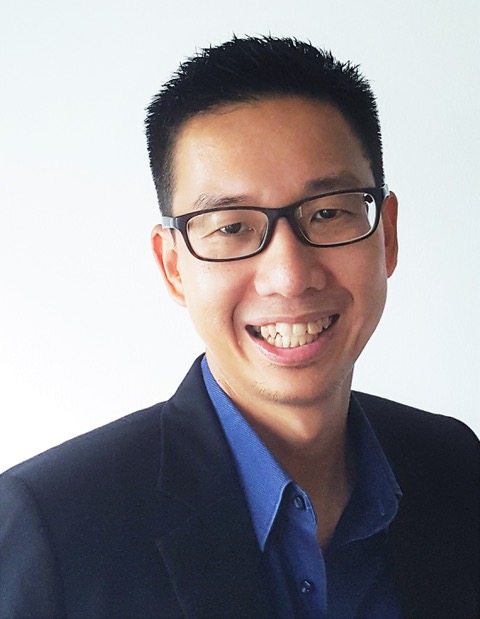
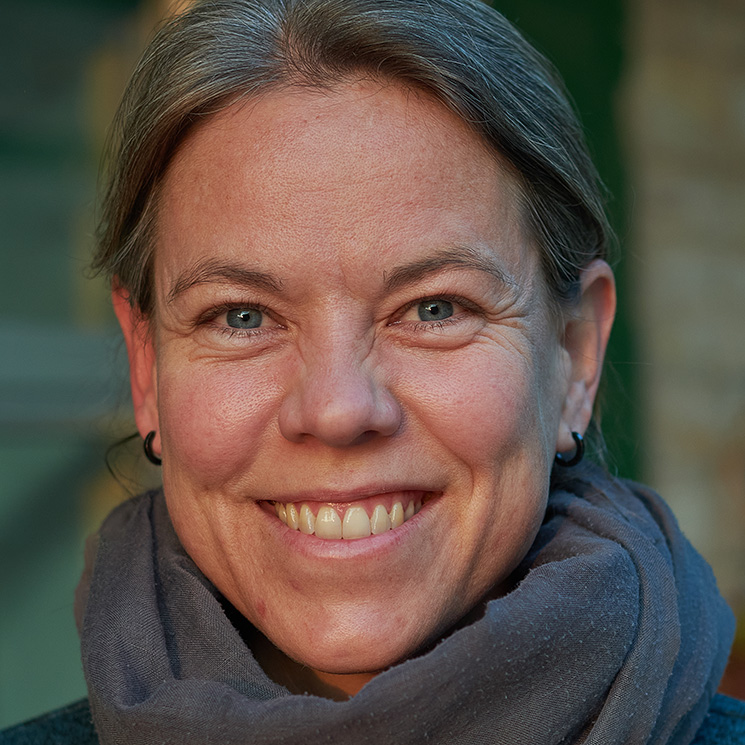
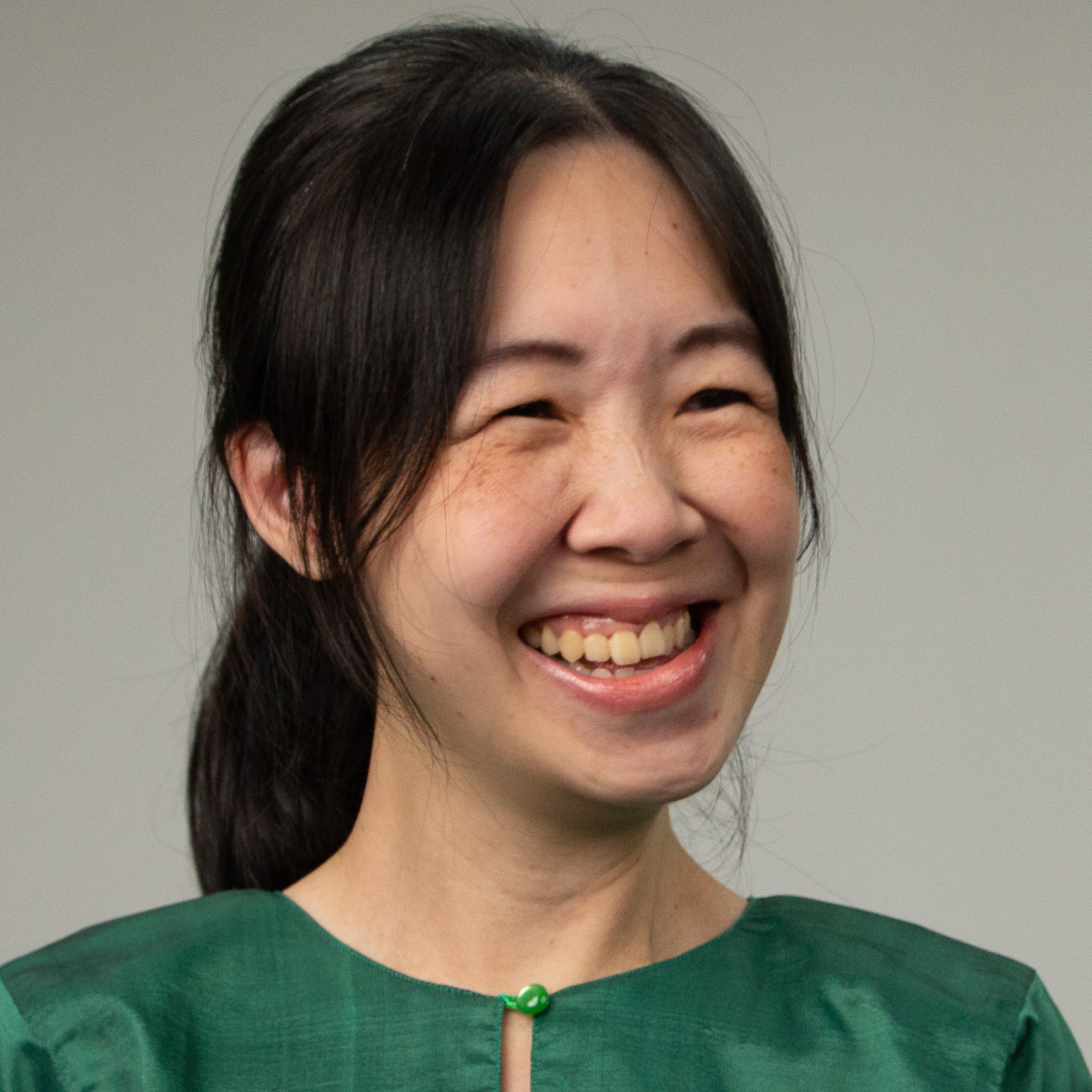
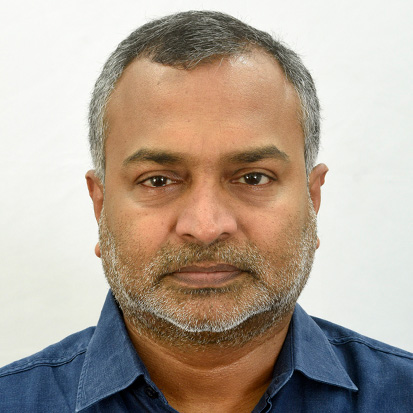
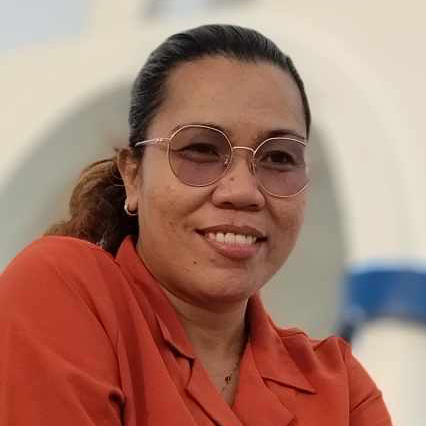
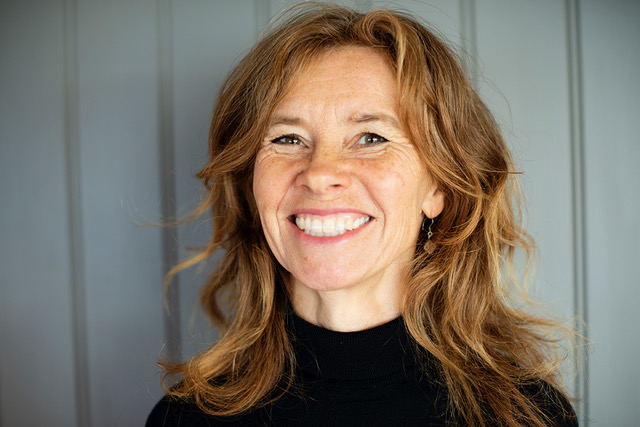
The Master of Transformational Development (MTD) is built on collaboration. We work alongside universities, faith communities, and development organisations committed to addressing poverty, injustice, and environmental challenges in holistic ways.
Our partners bring deep local knowledge and global expertise, ensuring students learn from real-world contexts and diverse cultural perspectives. Through these partnerships, MTD students engage with communities across Africa, Asia, Australia, the Pacific and beyond developing skills to lead with integrity, compassion, and impact.
Together, we are equipping leaders who can bridge theology and practice, inspiring innovative responses to some of the world’s most pressing challenges.
Poverty is real. While over the last three decades poverty reduced, it is increasing again in some areas of the world. The World Bank estimates over 700 million people live in extreme poverty. [1]
People are also suffering from the effects of the pandemic, as well as continuing wars and conflicts. The digital divide is more tangible. As the billionaire class becomes increasingly wealthy, the poor often struggle to eat [2]. How should we as Christians respond to the state of our world?
We are in an environmental emergency; climate changes and extreme weather patterns having huge impacts upon us all. We are committed to biblical creation care and environmental sustainability. We believe affluent nations and individuals have responsibility to address the negative impacts of consumption on our environment and vulnerable communities. We stand with Aboriginal and globally indigenous peoples seeking better management of land and sea.
Australia has the15th highest poverty rate out of the 34 wealthiest OECD countries. Over 3.3 million (13.4%) Australians live below the poverty line, including 761,000 children. Many of these families experience “deep poverty.” [3] This includes almost half (45%) of single-parent families where the parent has a disability and low income.[4]
The message of the cross is individual, social, communal… and utterly transforming. Too many solutions offered only disempower the vulnerable and marginalised. But in the MTD we believe that the community are the experts! We seek to together find ways to encourage the community to identify, prioritize and plan to solve their problems via faith-based sustainable development that meets their current needs without compromising our future world.
How do you live well in a world of conflict, different opinions, and competing interests? How do you stay joyful despite injustices? How do you rest in perfect peace while juggling the work? How do you listen to all voices and stakeholders? How do you speak truth to power, even when your voice shakes? How can we hope for a better future for the earth and its people? How can we truly love those around us? Sometimes we only have fragments of answers. But we believe as we faithfully pay attention to where God is at work, we can form a resilient spirituality to weather the different seasons of life.
Support an MTD student working in Australia or overseas in the context of poverty.
Aspects of the Master of Transformational Development can be tailored into a microcredential for your organisation. We’d love to talk about how we can help train your international, national, and local leaders; by gathering around evidence-based reading and discussions, working on group projects together that stretch and challenge your staff; helping you think through your role in the community and with stakeholders; repositioning your team for successful outcomes/impact.
Eastern College Australia values the history, culture and languages of First Nations people and we welcome their participation in all of our courses.
By filling out the above form, you are agreeing to Eastern College Australia’s Privacy Policy, including the consent to contact for various marketing-related activities.
By filling out the above form, you are agreeing to Eastern College Australia’s Privacy Policy, including the consent to contact for various marketing-related activities.
By filling out the above form, you are agreeing to Eastern College Australia’s Privacy Policy, including the consent to contact for various marketing-related activities.
23 February 2026 | 4pm AEST | Online